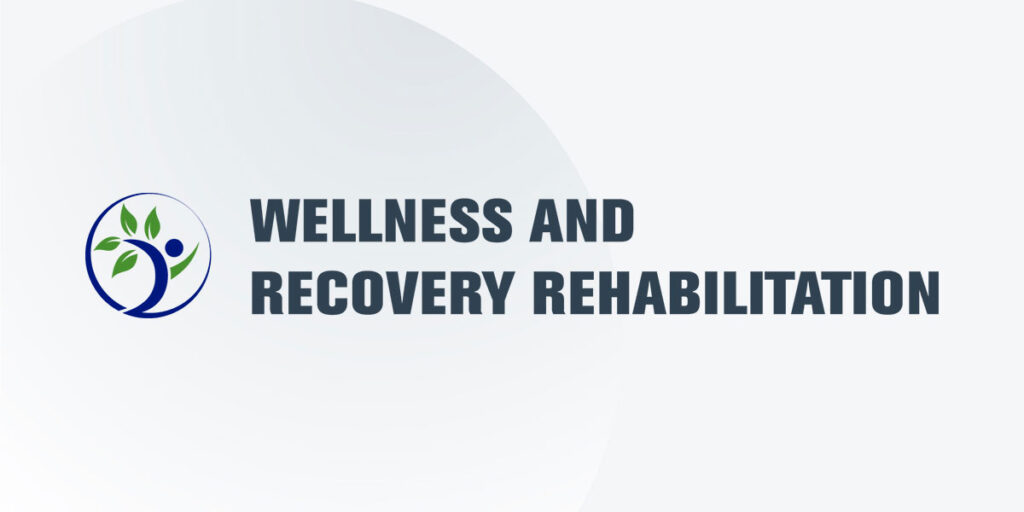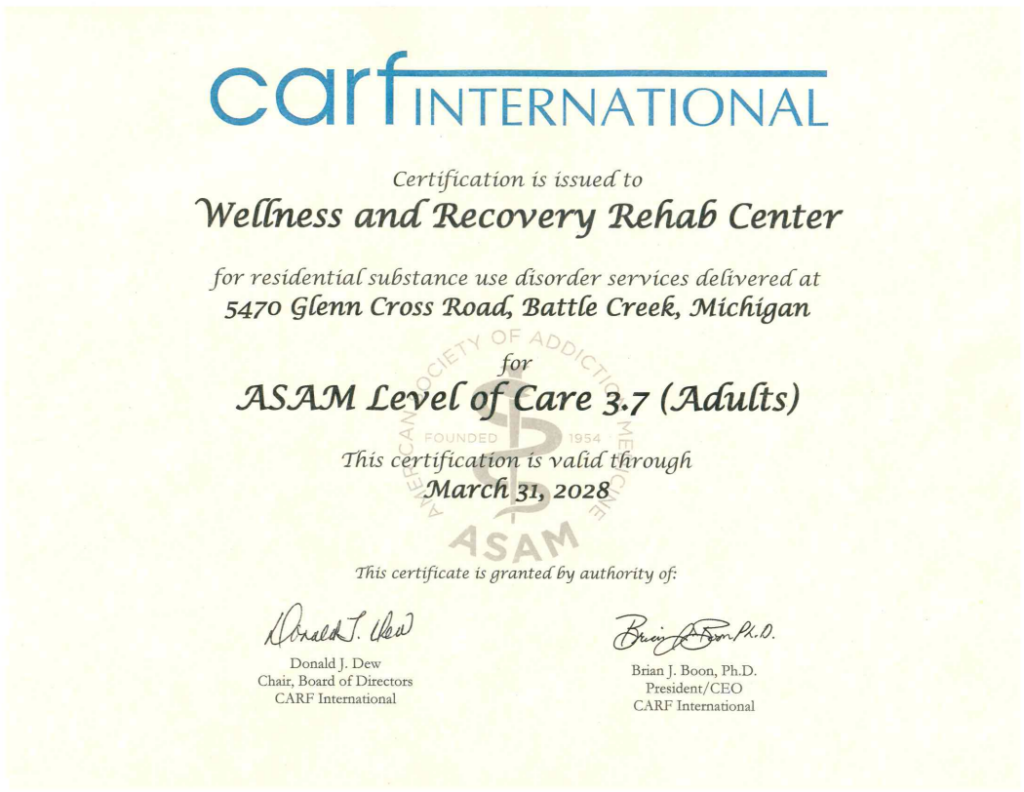Our Michigan drug rehabs counselors felt the need to educate on the correlation of alcohol/agitation and abuse. Why Alcohol can Cause so much Damage? Alcohol has long been associated with a rise in aggression and a propensity towards abusive behavior, a correlation that has been substantiated by numerous scholarly studies. The inhibition-lowering properties of alcohol can lead to heightened emotional states, triggering bouts of anger and sometimes escalating to physical or psychological abuse.
A person under the influence of alcohol may exhibit impaired judgment, reduced self-awareness, and an inability to correctly interpret social cues, leading to inappropriate responses and actions. Furthermore, chronic alcohol abuse can exacerbate pre-existing mental health issues such as anxiety and depression, creating a volatile mixture that can further fuel anger and abusive behavior. Understanding this relationship between alcohol consumption and increased aggression is crucial in addressing the deep-seated issues that contribute to violent behaviors in our society.
Michigan Drug Rehabs Explain Pervasive effects with Family

The inpatient Michigan drug rehabs counselors know the pervasive effects of alcohol abuse also significantly strain personal relationships. Families and friendships can be fractured by the erratic and often destructive behavior that accompanies excessive drinking. Trust is eroded as the person battling alcoholism may become increasingly unreliable or even deceptive in their actions. Loved ones may feel helpless, unsure of how to assist or prevent their family member or friend from spiraling further into addiction. In romantic relationships, the toxicity of alcohol can breed resentment, leading to a breakdown in communication and mutual respect. The impact of alcohol on relationships is not solely restricted to the person consuming alcohol but extends to everyone in their social circle, creating an environment of tension and instability.
Statistics and Correlation of Alcohol-Related Abuse Crimes
Wellness and Recovery Rehabilitation Michigan drug rehabs knows research has extensively documented the significant correlation between alcohol consumption and abuse crimes. According to the World Health Organization (WHO), alcohol plays a substantial role in over half of all instances of violent behavior, including domestic violence and assaults. Moreover, the National Council on Alcoholism and Drug Dependence (NCADD) reports that alcohol is a factor in 40% of all violent crimes committed in the United States.
A study published in the Journal of Substance Use & Misuse found that the risk of perpetrating physical, sexual, or psychological abuse was eight times higher on days when men consumed alcohol versus days when they did not. Another alarming statistic comes from the National Institute on Alcohol Abuse and Alcoholism (NIAAA), which reveals that up to 37% of sexual assault and rape incidents involve alcohol consumption by the perpetrator.
These statistics underscore the gravity of alcohol’s role in abuse crimes. They indicate a pressing need for societal and individual changes, including better alcohol policies, targeted prevention programs, and a more profound understanding of the consequences of excessive drinking. Ultimately, the goal is not just to reduce these statistics, but to foster a society where individuals are safe and relationships are not marred by violence and fear.
Consequences of Alcohol-Related Charges

The Michigan drug rehabs staff at Wellness and Recovery Rehabilitation know the repercussions of alcohol-related charges extend far beyond legal penalties. Being convicted of a crime associated with alcohol, such as driving under the influence (DUI), assault, or disorderly conduct, can dramatically alter a person’s life. Legally, penalties may include substantial fines, probation, mandatory alcohol educational courses, or even incarceration. However, the impact doesn’t end with legal consequences.
A criminal record can create significant barriers to employment, as many employers conduct background checks and may be wary of hiring individuals with a history of alcohol-related offenses. For those in certain professions, such as law, medicine or teaching, a conviction could potentially lead to the loss of professional licenses, drastically impacting their ability to continue in their chosen career.
For individuals pursuing an education, alcohol-related charges can influence their eligibility for certain scholarships or financial aid and may even result in expulsion from educational institutions. On a personal level, these charges can damage relationships, alienating the convicted individual from their family and friends.
Moreover, alcohol-related charges often carry a stigma that can contribute to social isolation and mental health issues such as depression and anxiety. Overall, alcohol-related charges can have profound and lasting effects on an individual’s personal and professional life, underlining the importance of efforts to prevent alcohol misuse and related crimes.
Michigan Drug Rehabs Supporting Someone Struggling with Alcohol-Related Issues
Our Michigan drug rehabs staff knows helping someone struggling with alcohol-related issues can be a complex, delicate journey, but there are several effective strategies that well-intentioned friends and family can employ.
Firstly, education is essential; understanding the nature of alcohol addiction, its symptoms, and its impacts can demystify the struggle and promote empathy. It’s also crucial to approach the person in a non-confrontational manner, expressing concern without judgment, and highlighting specific instances where their drinking has caused harm.
Establishing a supportive network is another key strategy. Encourage the individual to seek professional help, such as therapists or addiction counselors, who can provide tailored treatment plans. Self-help groups, like Alcoholics Anonymous, can also offer a supportive community and practical insights from others who have experienced similar struggles.
Finally, remember that recovery is a long-term process with potential setbacks, requiring patience, compassion, and perseverance. Don’t forget self-care; supporting someone with alcohol-related issues can be emotionally taxing, and maintaining your own mental health is equally important.
The Importance of Early Intervention in Alcohol-Related Issues
Our Michigan drug rehabs know early intervention is a key factor in addressing alcohol-related issues. By recognizing and addressing the problem in its initial stages, the individual has a significantly better chance of overcoming their struggle with alcohol. Early intervention can prevent the progression of alcohol abuse to full-blown alcoholism. It can halt the cycle of harm that alcohol abuse inflicts on the individual’s health, relationships, and overall quality of life.
Early intervention also plays a crucial role in preventing alcohol-related crimes. By identifying and addressing problematic drinking behaviors early on, we can reduce the likelihood of violent behavior and legal issues associated with alcohol misuse. Furthermore, early intervention can provide positive, constructive alternatives to alcohol use, such as counseling, stress management techniques, and healthier coping mechanisms.
Additionally, from an economic perspective, early intervention can lead to cost savings in terms of healthcare and social services, not to mention the potential reduction in crime and its associated costs.
In schools and universities, early intervention programs can help to create a safer environment for all students. They can also save young adults from the far-reaching consequences of alcohol-related charges which can affect their educational and professional future.
Michigan Drug Rehabs Accept Some Health Insurances and Can Get You in Today

Driving directions to our Michigan drug rehabs are available here. We are set up to help many seeking drug and alcohol rehabilitation services. We accept some health insurances and can work with you on payment. We can help you change your life today. Call our drug and alcohol addiction treatment centers in Michigan now at (269) 547-2120.
Ultimately, early intervention is not just a reactive measure but a proactive step towards creating a healthier, safer society. By taking action as soon as we recognize the signs of alcohol misuse, we can help individuals to reclaim control over their lives and prevent the damaging ripple effects of alcohol abuse.
In sum, the societal impact of alcohol misuse is pervasive and profound, extending beyond the individual struggle to broad legal, social, and economic consequences. The path to addressing this challenge lies in comprehensive strategies encompassing better alcohol policies, targeted prevention, early intervention, and robust support systems. By educating ourselves and taking proactive steps at the earliest signs of misuse, we can help create a healthier, safer society where individuals are empowered to overcome their struggles, and the damaging ripple effects of alcohol abuse are curtailed.




